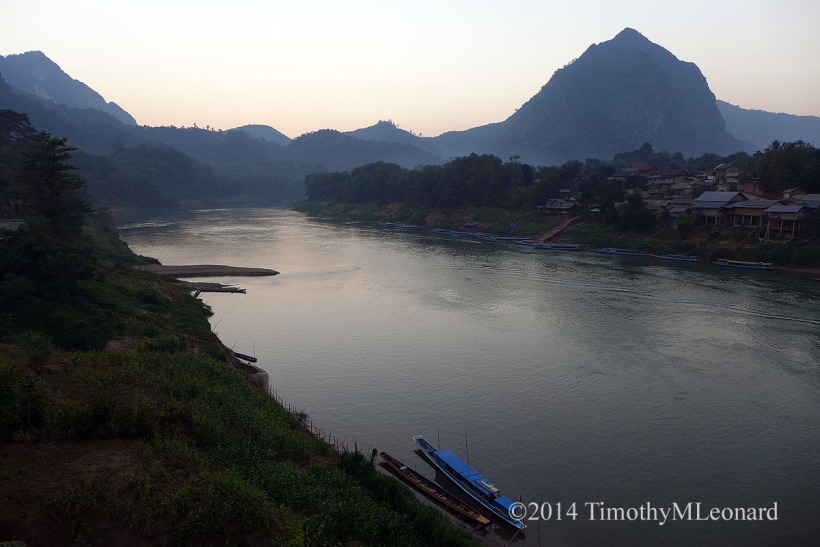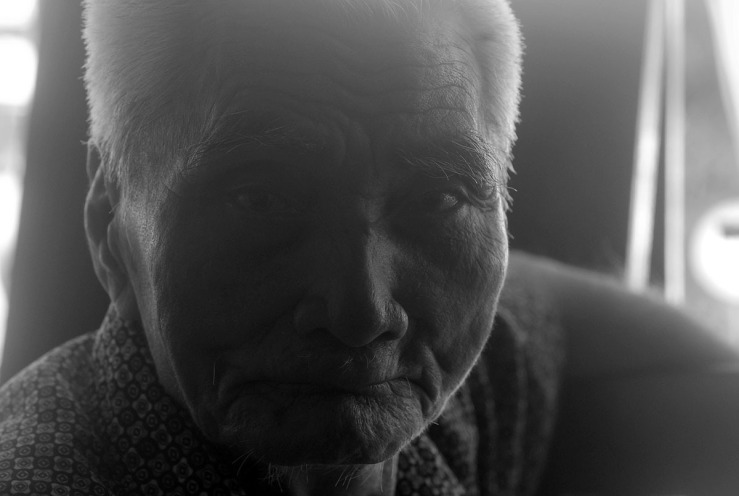Kayapuya
I am an old dialect of Kalapuya tribes. I respect spirit energies.
I hear with my eyes and see with my ears.
I understand your love for the spirit power guardian. I am an ancestor speaking 300 languages from our history. Now only 150 dialects remain.
A hunting gathering people speaking Pentian, we numbered 3,000 in 1780. We believe in nature spirits, vision quests and guardian spirits.
Our shamans, called amp a lak ya taught us how seeking, finding and following one’s spirit or dream power and singing our song was essential in community.
I speak in tongues, in ancient dialects about love. They are dialects of ancestors who lived here for 8,000 years before where you are now. In the forest near the river all animal spirits welcome you with their love. They are manifestations of your being.
I am blessed to welcome you here. You have walked many paths of love to reach me.
My dirt path is narrow and smooth in places, rocky in others.
I am the soil under your feet.
I feel your weight, your balance - your weakness and your strength.
I hear your heart beating as my ancestors pounded ceremonial drums.
I feel the tremendous surging force of your breath extend into my forest.
Wind accepts your breath.
I am everything you see, smell, taste, touch and hear.
I am the oak, the fir and pine trees spreading like dreams upon your outer landscape.
I am your inner landscape. I see you stand silent in the forest hearing trees nudge each other. “Look,” they say, “someone has returned.”
I love the way you absorb the song of brown body thrush collecting moss for a nest. I am the small brown bird saying hello. I am the sweet-throated song you hear without listening.
At night two owls sing their distant song and their music fills your ears with mystery and love.
I am warm spring sun on your face filtered through leaves of time.
I am a spider’s web dancing with diamond points of light.
I am the rough fragile texture of bark you gently remove before connecting the edge of an axe with wood.
You carry me through my forest. Your flame creates heat of love. I am the taste of pitch on your lips, the odor of forest in your nostrils filling your lungs. It is sweet.
I am the cold rain and wet snow, hot sun and four seasons.
I am yellow, purple, and red, blue, and orange flowers from brown earth.
Language cannot be separated from who you are and where you live.
I say this so you will remember everything in this forest.
I took care of this place and now your love has the responsibility with respect, dignity and mindfulness.







 Share Article
Share Article 


